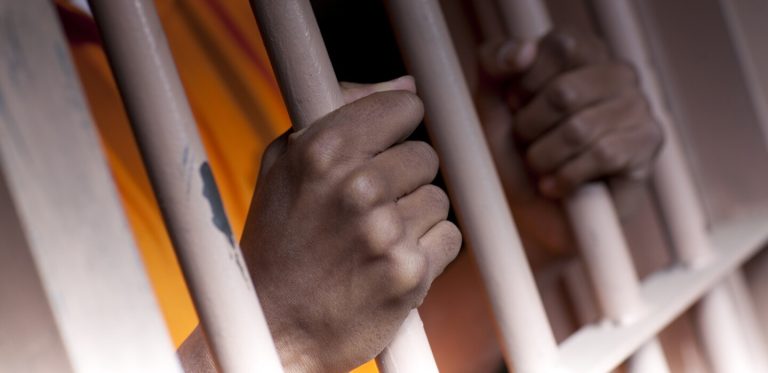(TNS) California's prison system has moved to ban the use of controversial lie detector tests that one expert likened to a Ouija board or astrological chart following a Chronicle investigation into the technology and its effects on inmates.
The California Department of Corrections and Rehabilitation has used the Computer Voice Stress Analyzer (CVSA) for at least 20 years to assess inmates’ credibility during internal investigations, continuing to use it despite numerous studies showing the technology is no better at detecting lies than a coin flip and despite prisoner rights advocates repeatedly raising concerns about the tool.
In May, following months of questions from The Chronicle, a Department of Corrections spokesperson said the department was “moving forward with a regulation to ban the use of CVSA across our offices and facilities.” The department made its intentions official when it published the proposed ban on Aug. 16. The proposed ban would take effect after a 45-day written comment period, with a public meeting scheduled for Sept. 30.
“The department has determined that there are more established and reliable technologies available to detect fraud,” the department, which did not immediately respond to a request for comment Monday, said in the proposal. “Current scientific consensus does not support the efficacy or continued use of CVSA.”
The technology claims to work by analyzing inaudible tremors in the human voice to indicate whether a speaker is stressed or even lying. But decades of research have proven this mechanism false, and voice experts point out that there is no research to support that the human voice produces the “microtremors” that CVSA purportedly measures.
In one case investigated by the Chronicle, Raymond Whittall, an inmate at Salinas Valley State Prison in Soledad, took the CVSA exam after claiming that guards had beaten him for no reason. Even though the prison's medical staff had documented evidence of the beating, the prison denied his claim because one of his answers to six questions on the exam was deemed “false.”
Richard Leo, a professor of law and psychology at the University of San Francisco and an expert on false confessions, called law enforcement's use of CVSAs “professional misconduct” and praised the prison system's measures. “That's like saying a Ouija board or an astrology chart is an investigative tool,” said Leo, who wrote about CVSAs in his book, “Police Interrogation and American Justice.”
While California prisons will no longer use CVSA, a Chronicle investigation found that 13 other law enforcement agencies in the state still use the technology to interview candidates during the hiring process, and at least three of those agencies have also recently used the tool in criminal investigations.
At least the Berkeley Police Department is now reviewing its use of the technology following the Chronicle's report.
©2024 San Francisco Chronicle. Distributed by Tribune Content Agency, LLC.

